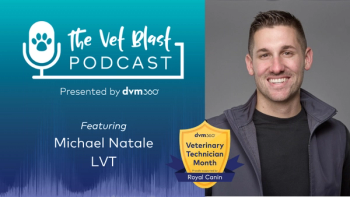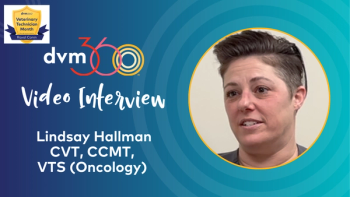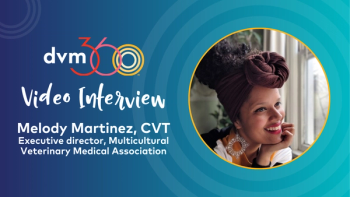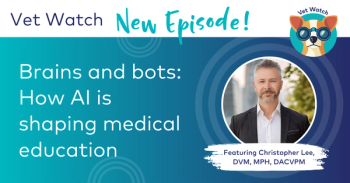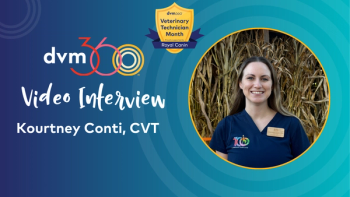
Knowing the Difference Between Confidence and Self-Esteem
Brian Faulkner, Bsc (Hons), BVM&S, CertGP (BPS), CertGP (SAM), MBA, MSc (Psych), MRCVS, explains the difference between confidence and self-esteem.
Brian Faulkner, Bsc (Hons), BVM&S, CertGP (BPS), CertGP (SAM), MBA, MSc (Psych), MRCVS, explains the difference between confidence and self-esteem.
Interview Transcript (slightly modified for readability)
“Sometimes with confidence, people can mistake it as self-esteem. Self-esteem is that feeling that you have about yourself, and that you’re on a good path. And it’s a lovely feeling. Certainly, if we have low self-esteem, we can actually feel very low, and shallow about ourselves. But artificially boosting self-esteem just to make us feel more inflated about our self is actually very, very dangerous. Because what can happen is when we fail—and failure, uncertainty, adversity, challenge in life is inevitable. And when we have artificially inflated self-esteem, and we fail, we’ll end up falling far harder.
Artificially boosting confidence has been shown, or self-esteem type confidence has been shown to be ineffectual and in fact dangerous for our long-term health and wellbeing. So what we prefer is a much more wholesome understanding of confidence and developing in a way that actually allows us to cope with adversity, challenge, and failure. But not in a way whereby we crumble, but in a way that we can take it in a resilient manner, bounce back, and get going again.
Coping strategies are ultimately very contextual. What’s a coping strategy to some person might be stress to another. So, ultimately, it’s very contextual. The strategy of course is just a product of what we’re actually trying to achieve. Some people find hard, assertive exercise a very, very good stress coping mechanism. Other people would find that too much and too exhausting. Some people like mindfulness, so taking their time to bring their rhythms down, to actually clear their mind, and actually think about what matters to them, and declutter their mind. Other people find that just a little bit too ‘huggy,’ if that’s the word, in their minds. So different strategies for different people.
But ultimately what we’re trying to do is bring down that level of stress to be able to clear our mind, to refocus on what our objectives are, and then step forward again."
Newsletter
From exam room tips to practice management insights, get trusted veterinary news delivered straight to your inbox—subscribe to dvm360.


